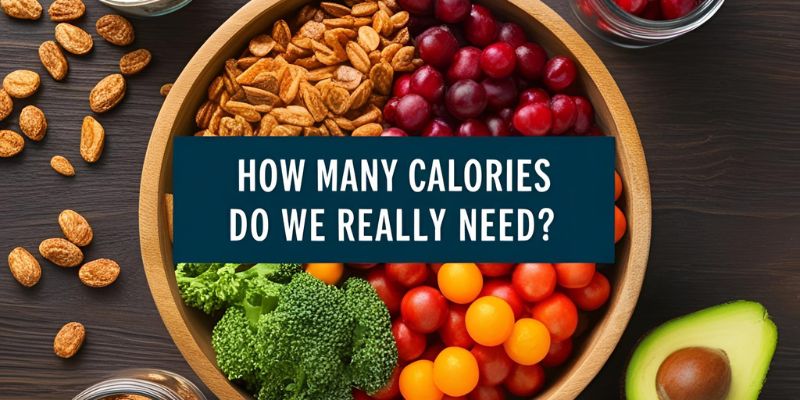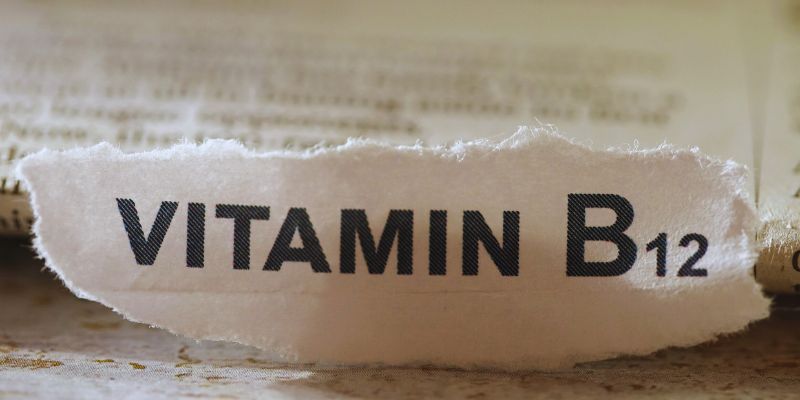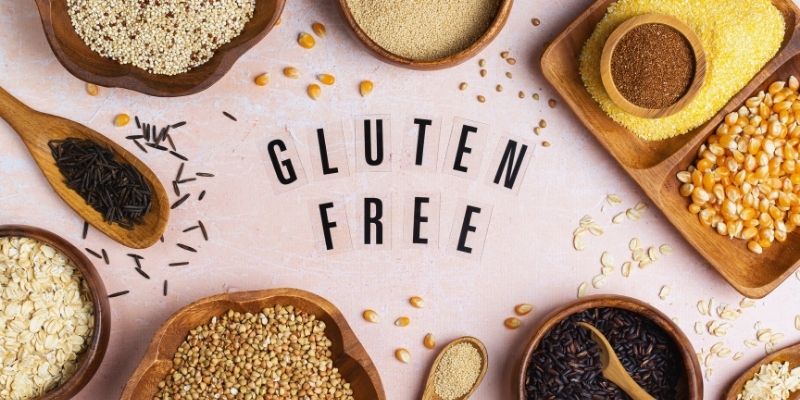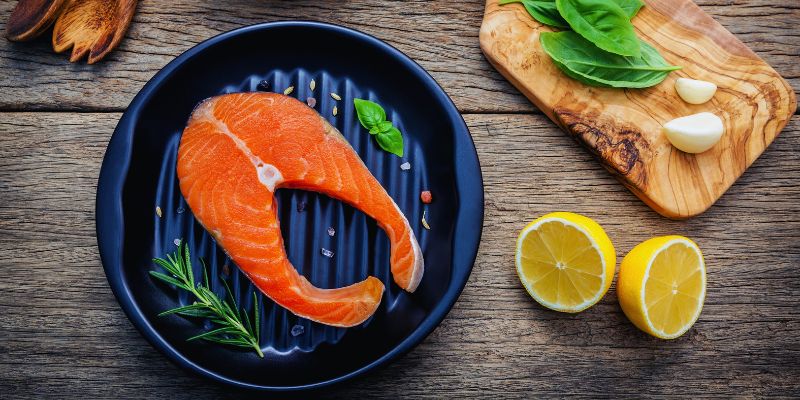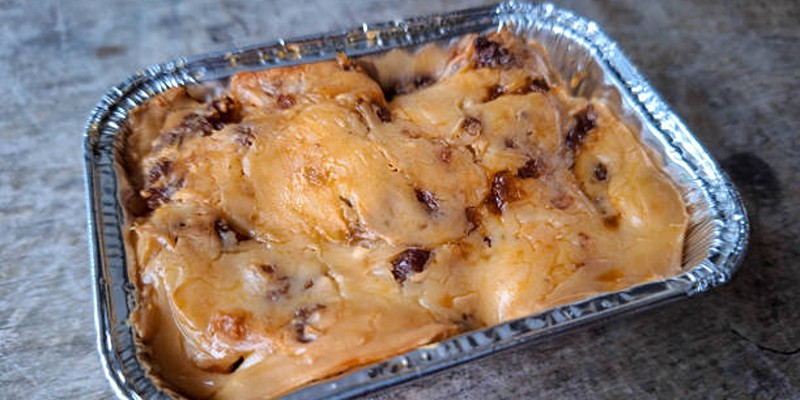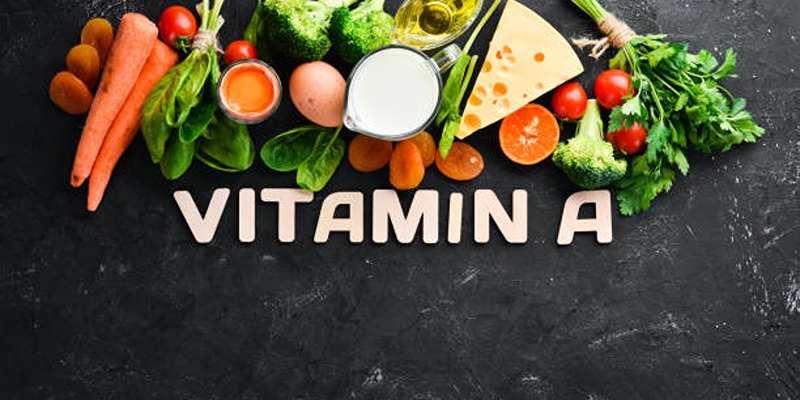Nasal polyps are painful in some people and painless in others. Still, both must be watchful when eating their meals because certain foods can further complicate the condition, while others might soothe it. If you are experiencing nasal polyps, don’t worry; we are here to guide you.
To control nasal polyps, it is important to avoid some foods from your diet, including sugary and fatty foods and foods high in histamine, such as cheese and processed meat. Besides that, make sure you never have silylating-rich foods like grains and glutenous foods on your plate. To learn more about these foods in detail, keep reading!
What are Nasal Polyps: An Understanding
Nasal polyps are growths inside the nose or the bones of the face, known as sinuses. Some people misunderstand nasal polyps as cancer, but they are not cancerous. Polyps in smaller sizes might not cause symptoms, but larger growths block the nose, resulting in breathing problems. They can also cause infection and affect the patient's sense of smell.
A person suffering from nasal polyps feels irritation and inflammation inside the nose and sinuses that lasts up to 12 weeks. This condition is known as chronic sinusitis. Common symptoms include a runny nose, mucous or postnasal drip, facial pain, headache, and the inability to smell and taste.
Foods to Avoid For Nasal Polyps
Diet has a major role in preventing or promoting various diseases, so you must choose wisely what to eat and what not to. Some foods can worsen the symptoms of nasal polyps, worsen inflammation, trigger allergies, and increase mucus production. So, if you are dealing with nasal polyps and wondering which foods are bad for the sinus, here is a list of foods that you must avoid:
Dairy Products
Dairy is known to promote mucus and phlegm production, which is called the milk mucus effect. A randomized study showed that people who consumed non-dairy products had a reduction in mucus secretions compared to those who consumed dairy products. It is also suggested that allergic reactions to milk can increase the production of nasal polyps. So, it is better to restrict your dairy intake so that the symptoms do not get triggered.
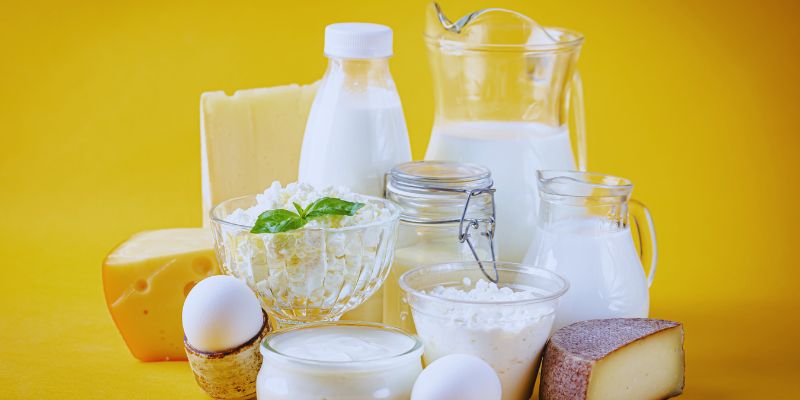
Sugary and Fatty Foods
Foods rich in refined sugars, such as baked goods, soda, and candy, can exaggerate nasal polyps symptoms. Some healthcare professionals also recommend limiting sugary foods, a natural way to reduce nasal polyps symptoms. Sugary foods can also weaken the immune system. Moreover, foods with high amounts of saturated fats, such as cheese, pizzas, and grain-based desserts, should also be avoided. Fatty foods can trigger inflammation of fatty tissues or adipose tissue.
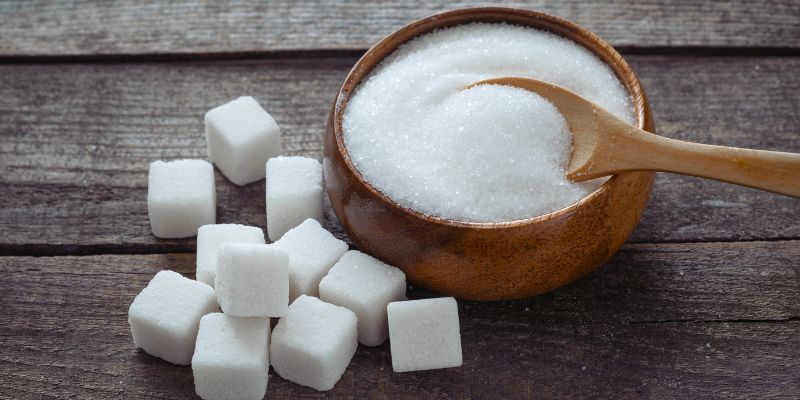
Foods High in Histamine
The white blood cells in our body produce histamine to fight against allergens. However, histamine is also present in various foods. In healthy individuals, histamine is quickly consumed and broken down, but those with histamine intolerance might have a buildup in their bodies. This buildup can further lead to symptoms related to sinusitis, like nasal congestion, runny nose, sneezing, and troubled breathing. So if you are intolerant to histamine, you should avoid the foods containing histamine, like:
- Processed meat, including ham, salami, and sausages
- Dried and preserved fish and fish sauces
- Certain vegetables, including eggplant, avocado, and tomatoes
- Dried fruits like apricots and raisins
- Chocolate
- Aged cheeses
- Fermented foods like kimchi, yogurt, vinegar and sauerkraut
- Fermented bevraegs like kombucha
Foods High in Salicylates
Slicylates are generally considered beneficial compounds. They are found in legumes like beans and lentils, vegetables like cauliflower and pickled vegetables, and fruits like strawberries, watermelon, plums, and raspberries. Grains like oats, corn and herbs like rosemary and thyme also contain salicylates. However, some people are naturally sensitive to these compounds. So, if you are hypersensitive to salicylates and sinusitis, you should avoid foods high in salicylates. Experts show that a salicylate-free diet serves as a treatment for nasal polyps.
Glutenous Foods
Gluten is generally not problematic but can cause issues if you have nasal polyps. It is because glutenous foods can cause a stuffy and runny nose, leading to triggered sinusitis. If you don’t know, here are some important sources of gluten:
- Grains: Wheat, barley, rye, oats
- Breads: All kinds of bread except those labeled as gluten-free.
- Bakery Products: Cakes, cookies, doughnuts, and muffins.
- Cereals: Breakfast cereals like cornflakes.
- Soups and gravies: Canned soups and gravy mixes contain wheat flour as a thickening agent.
- Processed Foods: Processed foods like lunch meats, meat substitutes, and candies.
What to Eat for Nasal Polyps?
Some foods are bad for nasal polyps, but on the other hand, some foods are good for them. These foods treat nasal polyps, relieving inflammation and other symptoms. Here are some foods that you should consume if you have nasal polyps:
- Peppers: Peppers can clear nasal congestion and soften mucus. They also ease pain, stimulate the immune system, and reduce inflammation. You should eat spicy food in moderation as it might cause indigestion.
- Garlic and Ginger: Garlic contains sulfur compounds rich in antibacterial and antifungal properties. It reduces inflammation and fights viruses. Ginger also has anti-inflammatory properties. It speeds up the healing process and reduces pain. As it contains an antihistamine, it helps ease allergies and discomfort.
- Plenty of Water: Dehydration affects the body’s functions and thickens mucus. Thick mucus can clog the sinus and cause inflammation, so it is recommended that you drink plenty of water.
Conclusion:
Numerous factors affect the health of the sinuses, from infections to hydration to food. Certain foods cause nasal congestion, so you must be careful while eating your meals. Avoid foods rich in fats, sugars, gluten, salicylates, histamine, and dairy products. These include milk, processed meats, grains, and certain fruits and vegetables. On the other hand, eating peppers, garlic, and ginger and drinking plenty of water is helpful.



